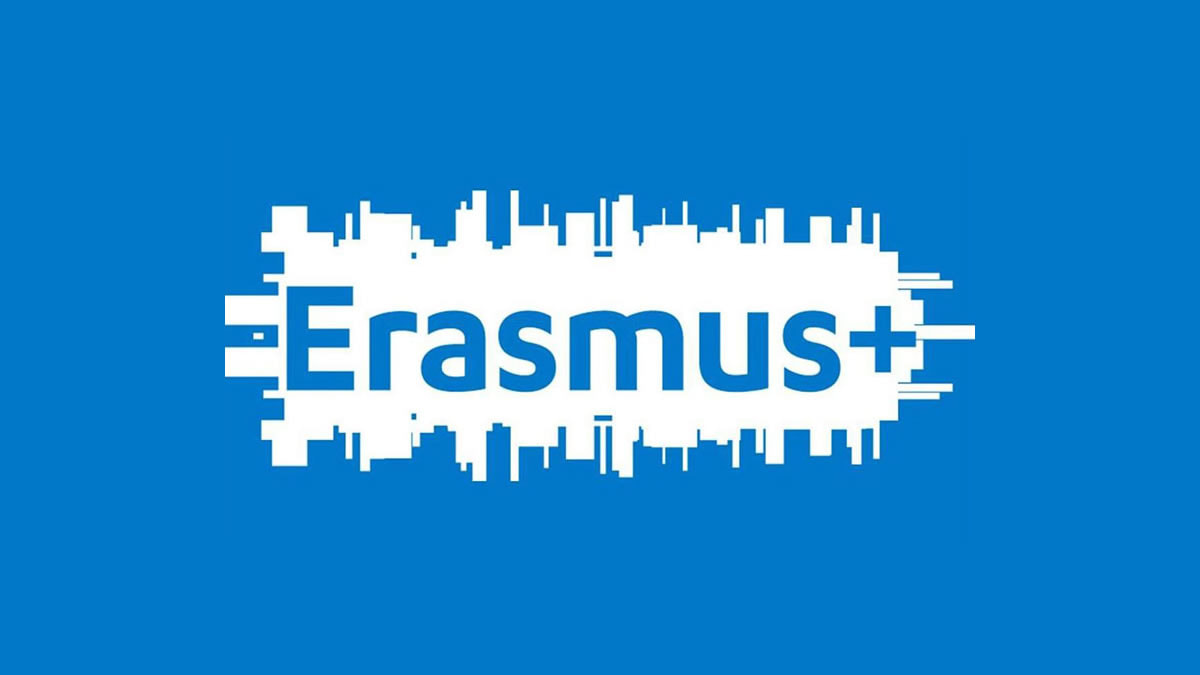|
The new Erasmus+ 2021-2027 programme is dedicated to support, through lifelong learning, the educational, professional and personal development of people in education, training, youth and sport, in Europe and beyond, thereby contributing to sustainable growth, quality jobs and social cohesion, to driving innovation, and to strengthening European identity and active citizenship. As such, the Programme shall be a key instrument for building a European Education Area, supporting the implementation of the European strategic cooperation in the field of education and training, with its underlying sectoral agendas, advancing youth policy cooperation under the Union Youth Strategy 2019-2027 and developing the European dimension in sport.
|
The Erasmus plus programme has set the following specific objectives for the 2021-2027 period:
The main news compared to the previous Erasmus plus programme are:
You can download here the 2024 Erasmus plus programme guide and the Call for Proposals with all the information about the 2024 deadlines and the budget. You can check all the official models and access the application forms in our page dedicated to the 2024 Erasmus+ application form models.
If you are interested in applying at the next Erasmus+ deadline consider to partner with the Erasmus Learning Academy (ELA). As partner, ELA brings a strong added value to an Erasmus+ project thanks to our experience in more than 200 Erasmus+ project and our dissemination and visibility capacity. In 2024 and 2025 we offer 40 different courses in 6 locations in 4 beautiful countries: Bologna, Palermo and Rimini in Italy, Tenerife in Spain, Porto in Portugal and Thessaloniki in Greece about ICT and new technologies, soft skills and emotional intelligence, classroom management and formative assessment, inclusion and special needs, intercultural learning and diversity, anti-bullying and early school leaving, well-being, innovative teaching methods, outdoor education, non-formal education, project based learning, work-based learning, entrepreneurship, preschool education and much more.
- promote learning mobility of individuals and groups, as well as cooperation, quality, inclusion and equity, excellence, creativity and innovation at the level of organisations and policies in the field of education and training;
- promote non-formal and informal learning mobility and active participation among young people, as well as cooperation, quality, inclusion, creativity and innovation at the level of organisations and policies in the field of youth;
- promote learning mobility of sport staff, as well as cooperation, quality, inclusion, creativity and innovation at the level of sport organisations and sport policies.
The main news compared to the previous Erasmus plus programme are:
- Almost double the overall budget for the program, from 14.7 to 26 billion euros in seven years with a total number of beneficiaries raising from 4 to 10 millions.
- Short and long-term mobility of school staff and students will be accessible as well as part of Key Action 1 instead of only in Key Action 2.
- Schools can request the so called Erasmus accreditation for Key Action 1 (KA1) in order that will allow them to no longer have to submit complete documentation but can access the Erasmus+ fund in a to a quicker a more secure way.
- Strengthen relations with the rest of the world by implementing more flexible movement with third countries.
- Simplify access to funds.
You can download here the 2024 Erasmus plus programme guide and the Call for Proposals with all the information about the 2024 deadlines and the budget. You can check all the official models and access the application forms in our page dedicated to the 2024 Erasmus+ application form models.
If you are interested in applying at the next Erasmus+ deadline consider to partner with the Erasmus Learning Academy (ELA). As partner, ELA brings a strong added value to an Erasmus+ project thanks to our experience in more than 200 Erasmus+ project and our dissemination and visibility capacity. In 2024 and 2025 we offer 40 different courses in 6 locations in 4 beautiful countries: Bologna, Palermo and Rimini in Italy, Tenerife in Spain, Porto in Portugal and Thessaloniki in Greece about ICT and new technologies, soft skills and emotional intelligence, classroom management and formative assessment, inclusion and special needs, intercultural learning and diversity, anti-bullying and early school leaving, well-being, innovative teaching methods, outdoor education, non-formal education, project based learning, work-based learning, entrepreneurship, preschool education and much more.
 English
English български
български Čeština
Čeština Español
Español Français
Français ελληνικά
ελληνικά Italiano
Italiano Polski
Polski Português
Português Română
Română









